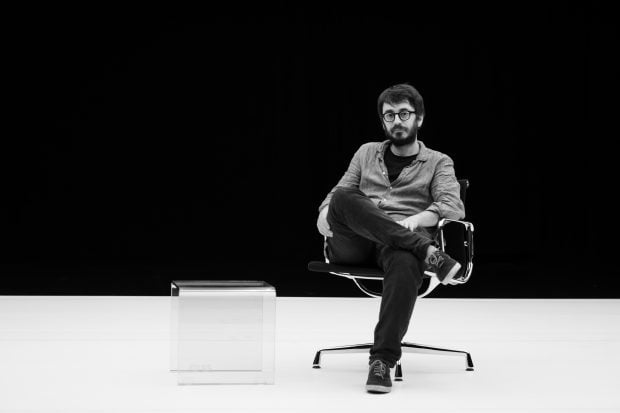Labour’s plan to axe the peers there by birth is a blunt instrument. Only a fully elected second chamber will give us true democracy
Before I was appointed to the House of Lords, I was very clear that there was no place for hereditary peers. For me, they illustrated parliament’s stuffy feudal roots and provided a reminder of how the UK is still struggling to emerge from a past where a select group of people (almost all public school-educated white men) were born to rule. Getting rid of this ridiculous anomaly, as Labour has announced it will do, may seem a long overdue reform – but my view on it is a little more complicated than one might expect to hear from a Green party peer from a council estate in Brighton.
Out of about 750 hereditary UK peers, only 92 may sit in the House of Lords: there is a process of limited democracy to vote them in by ballots of different ranks within the House. Rather ironically, they, unlike the rest of us, actually stand for election. It is, of course, absurd to be given that opportunity because of the family you were born into. But the application of some – those known for their hard work and expertise in various areas – has surprised me. While a few are huge landowners, the hereditary peers also include actors, computer technicians and an artist. Some you would never know were hereditaries at all. No posh accent, no airs or graces, no languid manners.
Baroness Jenny Jones is a Green party peer









:format(jpeg):quality(80)/wp-content/uploads/2024/09/adi-mutu-declaratie-uluitoare-despre-mihai-popescu-il-cunosc-transfer-tare.jpg)




:format(jpeg):quality(80)/wp-content/uploads/2024/09/ralf-schumacher-cu-actualul-iubit-si-fosta-sotie-scaled.jpg)
:format(jpeg):quality(80)/wp-content/uploads/2024/09/vedeta-antena-1.jpg)
:format(jpeg):quality(80)/wp-content/uploads/2024/09/maria-tanase-bijuterii-scoase-la-licitatie.jpg)
:format(jpeg):quality(80)/wp-content/uploads/2024/09/lasconi.jpg)










:format(jpeg):quality(80)/wp-content/uploads/2024/09/a-1-1.jpg)
:format(jpeg):quality(80)/wp-content/uploads/2024/09/vreme.jpg)
:format(jpeg):quality(80)/wp-content/uploads/2024/09/45972977110501665000257437161719409623503279n.jpg)